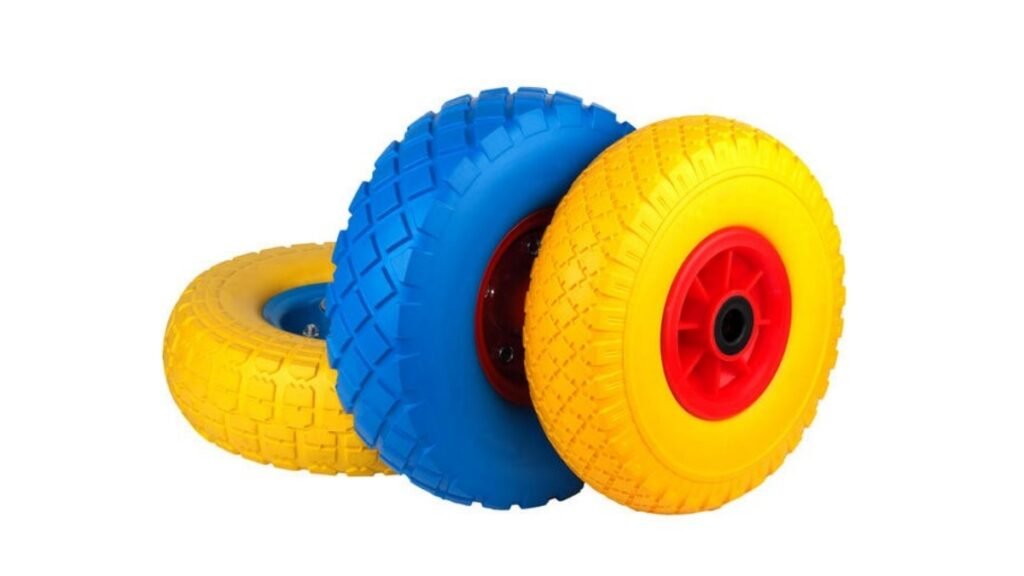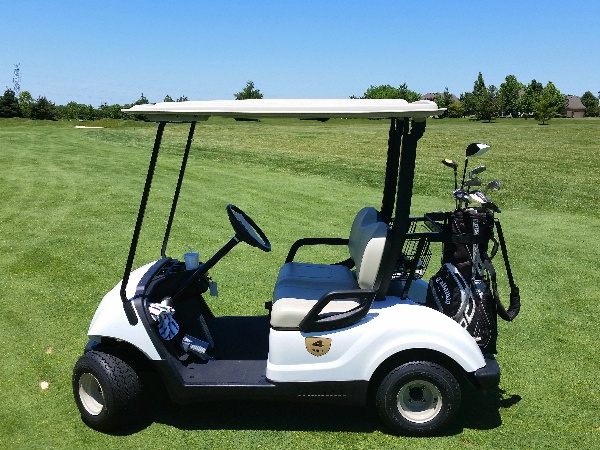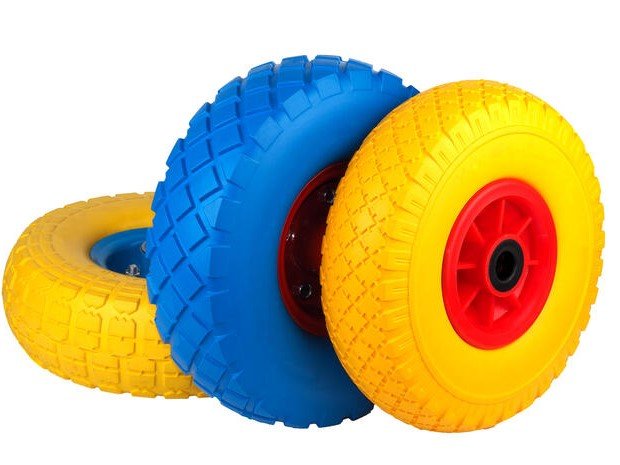Foam Wheels
Techin proudly stands as a premier manufacturer of high-quality foam wheels, offering over 20 years of expertise in delivering innovative and reliable solutions tailored to diverse industrial needs. Our foam wheels are engineered with precision, utilizing advanced automated production lines to ensure consistent quality, durability, and performance. Committed to excellence, Techin provides customizable options to meet specific requirements across various applications, ensuring timely delivery and exceptional customer support.
REQUEST A QUOTE FOR MORE DETAILS
All You Need to Know About Foam Wheels
Foam wheels play a critical role in various industrial applications, offering a combination of lightweight construction, durability, and versatility. These wheels are integral to equipment that requires easy maneuverability without sacrificing strength or performance. Available in different sizes and materials, foam wheels are adaptable to a wide range of environments, from manufacturing plants to retail settings. Selecting the right foam wheel is essential to ensure smooth operations, safety, and efficiency in your business processes.

Features of Foam Wheels
Foam wheels are designed to provide superior performance and reliability in various operating conditions. Their unique construction and material properties offer several notable features:
- Lightweight Design: Foam wheels are significantly lighter than solid rubber or metal wheels, reducing the overall weight of the equipment and making it easier to handle and move.
- Superior Shock Absorption: Engineered to absorb shocks and vibrations, foam wheels protect equipment and loads from damage during transport, making them ideal for sensitive or delicate items.
- Durability and Longevity: Made from high-quality foam materials, these wheels are resistant to wear and tear, ensuring a long service life even in demanding environments.
- Chemical Resistance: Techin foam wheels are designed to withstand exposure to various chemicals, oils, and solvents, making them suitable for use in industrial settings where these substances are present.
- Temperature Resilience: Our foam wheels are built to perform consistently across a wide temperature range, from freezing conditions to intense heat, ensuring reliability in both indoor and outdoor applications.

Applications of Foam Wheels
Due to their advantageous properties, foam wheels find extensive applications across a wide range of industries. Their adaptability and reliability make them a preferred choice for equipment and machinery where performance and maintenance considerations are paramount
Lawn and Garden Equipment
In the lawn and garden sector, foam wheels are widely utilized for their durability and maintenance-free nature, enhancing the functionality and lifespan of various equipment.
- Lawn Mowers: Foam wheels provide smooth maneuverability and consistent support, resisting punctures from debris and ensuring uninterrupted mowing operations.
- Wheelbarrows: The lightweight and robust construction of foam wheels make them ideal for wheelbarrows, facilitating easy transport of heavy loads over different terrains without the worry of flats.
- Garden Carts and Wagons: Foam wheels ensure stable and effortless movement of carts and wagons, improving efficiency in transporting tools, plants, and materials around gardens and nurseries.
- Spreaders and Sprayers: Reliable and maintenance-free foam wheels enhance the performance of spreaders and sprayers, ensuring consistent application and ease of use.

Industrial and Material Handling Equipment
In industrial contexts, foam wheels offer robust performance and reliability, enhancing the efficiency and safety of material handling operations.
- Hand Trucks and Dollies: Foam wheels provide dependable support and easy maneuverability for transporting heavy goods, reducing worker fatigue and improving productivity.
- Platform Carts: The durable construction of foam wheels ensures consistent performance under heavy loads, facilitating smooth and secure movement of materials within warehouses and factories.
- Portable Machinery: Industrial machines equipped with foam wheels benefit from enhanced mobility and reduced vibration, contributing to operational flexibility and equipment longevity.
- Construction Equipment: Foam wheels withstand harsh environmental conditions and rough terrains commonly encountered in construction sites, ensuring reliable performance and reduced downtime.

Recreational and Sports Equipment
Foam wheels are also prevalent in various recreational and sports applications, where comfort and durability are essential.
- Bicycles and Scooters: Foam wheels offer a maintenance-free alternative to traditional tires, providing consistent performance and reducing the risk of punctures during recreational activities.
- Strollers and Joggers: Parents and athletes benefit from the smooth and cushioned ride provided by foam wheels, enhancing comfort and safety during use.
- Skateboards and Rollerblades: The shock-absorbing qualities of foam wheels contribute to better control and a smoother experience in various skating activities.
- Golf Carts and Trolleys: Foam wheels ensure quiet and effortless movement across golf courses, resisting damage from terrain irregularities and reducing maintenance needs.

Advantages of Foam Wheels
Investing in foam wheels brings numerous benefits that enhance operational efficiency, safety, and cost-effectiveness across various applications.

- Maintenance-Free Operation: Foam wheels eliminate the need for regular inflation checks and repairs associated with pneumatic tires, reducing downtime and maintenance costs.
- Enhanced Safety: The puncture-proof nature of foam wheels prevents sudden flats that can lead to accidents, ensuring consistent and safe performance.
- Improved Comfort: Excellent shock absorption properties provide smoother rides and reduce vibrations, enhancing user comfort and protecting sensitive cargo or equipment.
- Cost-Effective: The durable construction and long service life of foam wheels translate into lower replacement frequencies and overall cost savings over time.
- Environmental Resilience: Foam wheels perform reliably in various weather conditions and terrains, maintaining functionality and integrity in diverse environments.
- Customizability: Available in a range of sizes, densities, and tread patterns, foam wheels can be tailored to meet specific performance requirements and aesthetic preferences.
- Noise Reduction: The soft composition of foam helps in minimizing operational noise, making them suitable for environments where quiet operation is desired.
Frequently Asked Questions
To continue to provide valuable information for our B2B clients, here are another ten FAQs that delve deeper into the aspects that most concern our target customers.
Do you offer free samples?
Yes, we offer product samples to give you a firsthand experience of the quality and variety we bring to the table.
Do you have any certifications?
Certainly, our products proudly bear recognizable certifications like EN840, REACH, RoHS, PAHs, EN12530 etc. These symbols of excellence guarantee that you receive products that meet international standards.
Is there a warranty period for your products?
All of our products come with a standard warranty period, reinforcing our commitment to quality and customer satisfaction.
How do you ensure timely delivery of orders?
We have a streamlined production schedule and robust logistics partnerships to ensure that your orders are delivered on time, every time.
Is it OK to print my logo on casters ?
Sure. We could build the molds and fixtures upon your sample or technical drawings, add your logo on fork or wheel, and pack the casters in your branded carton

